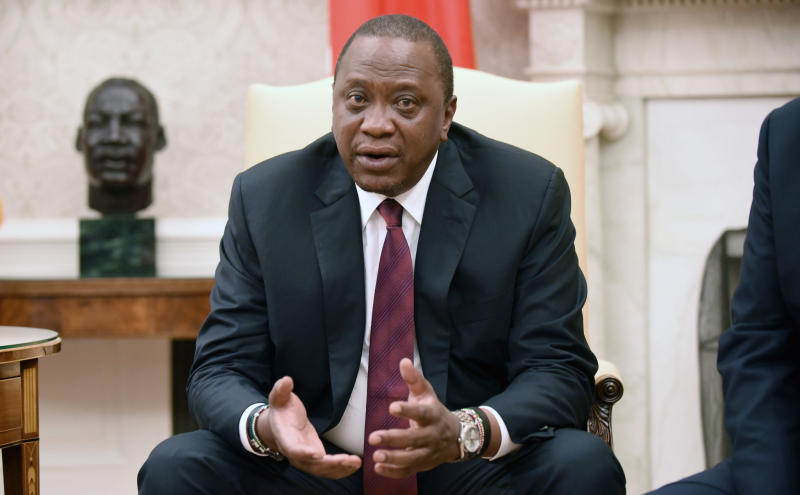
It turns out that the Building Bridges Initiative (BBI) is about to embark on another round of collecting views from Kenyans. The logic of extending the mandate of the team was that it needed to document Kenyans’ reactions to its recommendations. Reasonable people would disagree that this is necessary. Having spent months talking to Kenyans, the team ought to have enough material to synthesize the public’s preferred reform initiatives. Any other outstanding questions about the public’s position could be addressed with opinion surveys or focus groups. The point is that we do not need yet another expensive talk shop that will yield renditions of what is common knowledge.
But what is really behind the extension of the BBI’s mandate? There are two possible answers. The first is that this is all a cynical play by President Uhuru Kenyatta and former Prime Minister Raila Odinga. Having read the mood, the first BBI report was watered down so as not to generate any sustained opposition from Kenyans who are tired of politicking and the creation of state offices with specific people in mind. The idea, then, would be to generate a second report that is closer to the initial goals of the two principals. You may recall the rumors about potential institutional engineering to ensure that the “Big Five” ethnic groups were always accommodated in power. Thankfully, this idea was a non-starter among a majority of Kenyans who want the government to focus not on fattening a clueless political class, but providing essential goods and services for wananchi.